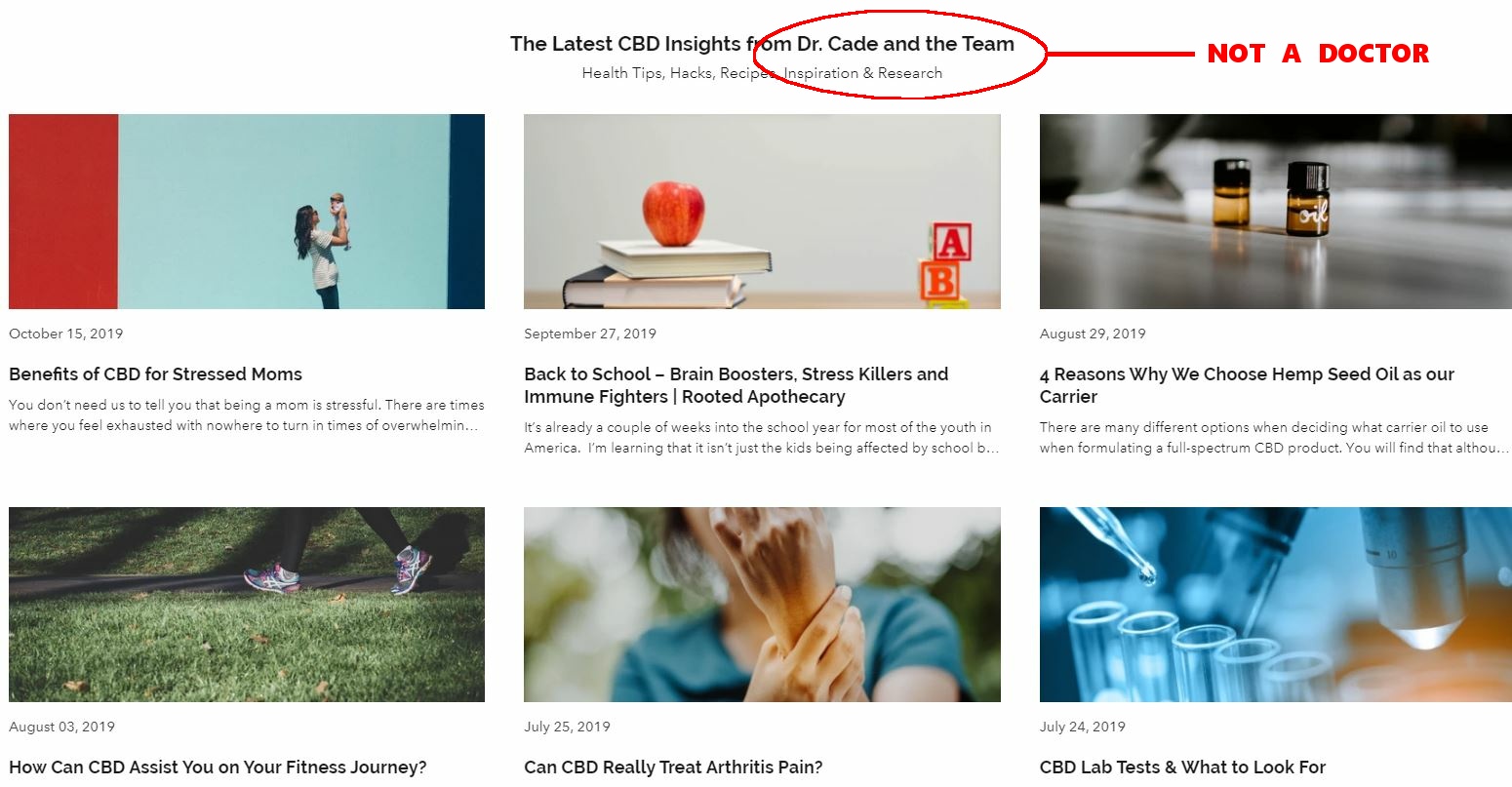Prior to 2014, even with suspect claims of "medical" marijuana, searches from the United States that mentioned "CBD" or "cannabidiol" - 40 percent of extract and one of the 113 identified cannabinoids in marijuana plants - remained basically nothing. By 2017 they shot up almost 126 percent over the prior year and in 2018 they went up 160 percent over 2017. This year looks to be a 118 percent increase again. Over 6 million searches a month now.
Small wonder supplement charlatans are jumping on the bandwagon and pumping out all of the CBD product they can make - despite any evidence it is helpful and a great deal of concern it will be harmful.

Fraud.
Other hucksters need to be worried
"CBD has become insanely popular," said study co-author Dr. John W. Ayers, the Vice Chief of Innovation in the Division of Infectious Disease and Global Public Health at UC San Diego. "Three years ago, there was essentially no one searching about CBD online, but now there are an estimated 6.4 million unique searches each month."
The authors note that interest is greater than acupuncture by 749 percent and meditation by 338 percent. It dwarfs even anti-vaccine kooks by 63 percent.
The problem for public health is that governments rushed to approve marijuana products to generate revenue - while FDA is crippled from preventing CBD marketing unless people die. Thanks to President Clinton's 1994 Dietary Supplement Health and Education Act (DSHEA) law, any supplement company can sell anything, as long as they make a disclosure that FDA has not agreed. Only in rare cases, like a chiropractor in Florida weirdly claiming his CBD oil could treat arthritis, is there any scrutiny.
Like all observational studies, this should be interpreted with caution. Scientists don't like when National Institute of Environmental Health Sciences picks and chooses survey results to match to whatever chemical or food they are scaremongering this month, so CBD oil should not be scaremongered based on search engine results either. But searches are a proxy for popularity and if it is being used in the same quantities as these increases in interest show, NIEHS should be spending time analyzing that, rather than their epidemiologists continuing to claim organic food will save us all and Science Is A Vast Corporate Conspiracy.




Comments